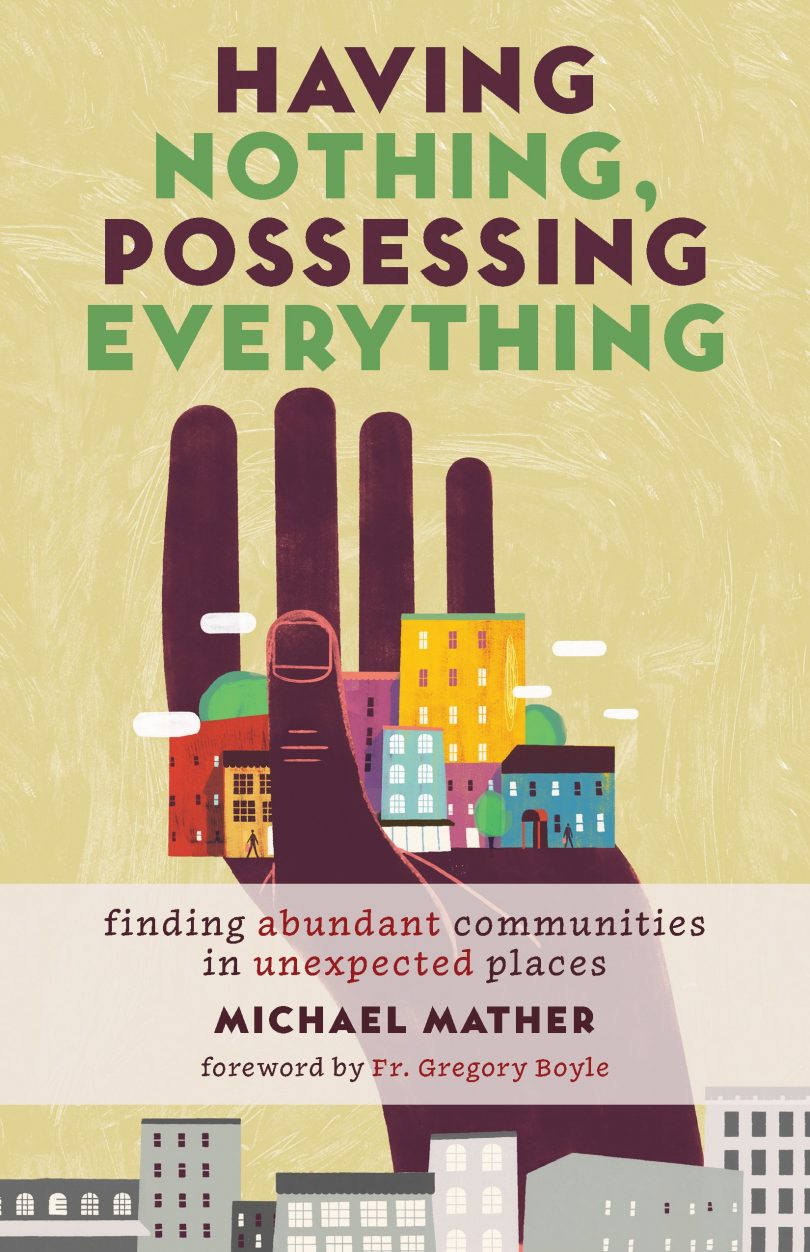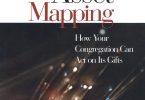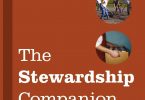Having Nothing, Possessing Everything: Rev. Michael Mather
“We live in a time when many churches are anxious over scarcity. Here is a book to turn that paradigm inside our and upside down, like the gospel itself.” -Heidi Neumark on Having Nothing, Possessing Everything
Why I like the book:
- It offers inspiration in the face of impossibility and reminds us of the importance of relationships in an age of self-importance
- Its connection to Asset-Based Community Development: assessing gifts rather than needs, building on what’s present rather than what’s not
- It gets us away from the hero mentality that our culture glorifies and that often influences mission work, and helps us see God’s gifts and love in the people and neighborhoods we view as being “in need” of what we have to offer
- It shares real examples of answers to the question, “What would it be like to live as if the gospel were true?”
Points that really resonated with me:
- Achieving equality is the goal and should be more important than just helping others
- Lead by stepping back: get out of the way and provide care
- Rather than suggesting solutions for someone’s problem, ask them, “Who loves you?” Have those people share why they love the person. The person then has a list of traits that may show them they can solve the problem themselves, and that they’ve got support and a cheering squad
- Look for people with skills, not programs for every need
- The six principles that guide Broadway Church:
- Our neighbors are God’s people. Act like it.
- Everything begins with and builds on the gifts of our neighbors.
- Parents and guardians are the first and best teachers. Respect this.
- We invest first and foremost in the good the people of the neighborhood seek.
- Money must flow to the neighborhood.
- Practice neighbor love.
- “What if I were to start treating the poor as if they were real people, people like me in every respect, except with less money? That would mean recognizing the abundance and power around me, and if I took that first question seriously, I’d hear it asking additional questions of me.”
- God’s economy is the best economy: an economy of attention and intention, of finding God’s abundance in surprising places, and of recognizing and seeing the gifts people bring to bear.
–Laura Watson, Director of Stewardship Services, Moravian Ministries Foundation (you can reach out to her for more info about this resource! [email protected])







